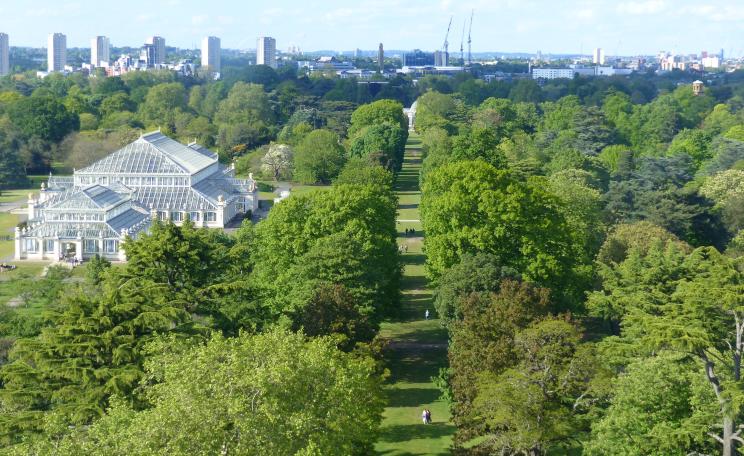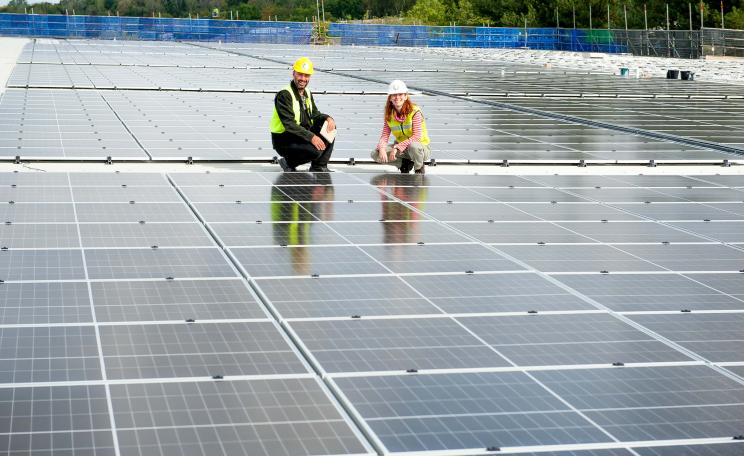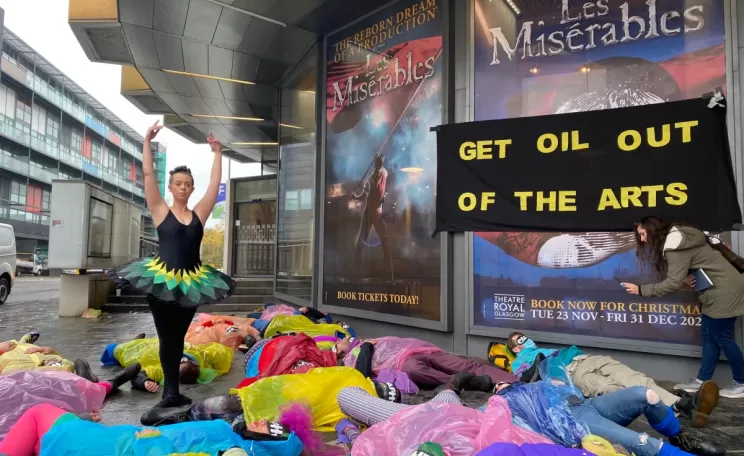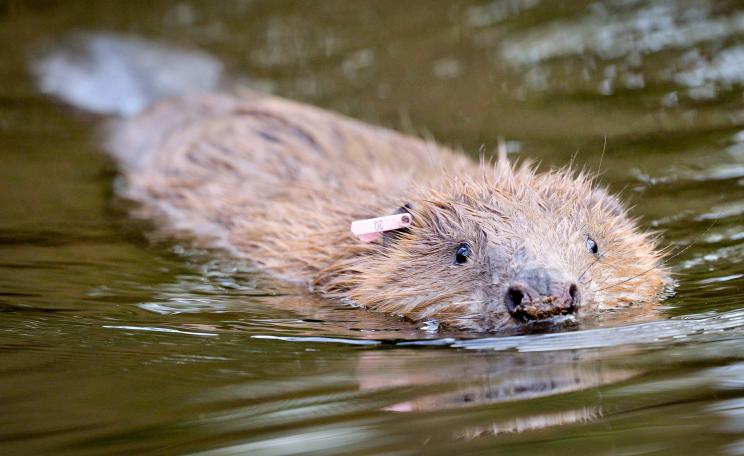A series of colour panels depicts the colour blue changing from light to dark. At least, it does in English. In Russian, it is two separate colours, goluboy and siniy.
Having different words to describe the colour spectrum changes the way we perceive it, according to cognitive scientist Lera Boroditsky (pictured).
This article first appeared in the latest issue of the Resurgence & Ecologist magazine, which has a focus on language. Find out more.
“The brains of people who use different words for light and dark blue will give a surprised reaction as the colours shift from light to dark, as if, ‘Ooh, something has categorically changed,’” she said in a TED talk.
Archaeological
The brains of English speakers, however, don’t give that surprise, “because nothing is categorically changing”.
There are about 7,000 languages spoken around the world, with a huge diversity in phonics, vocabulary and structure, and consequently each with a different relationship with the surrounding environment.
“Languages are the witness to the diverse and varying ways the human cognitive faculties perceive the world,” acclaimed linguist Anvita Abbi wrote in an article for Outlook India.
“Various manifestations of language are ecological and archaeological signatures of the communities that maintain close ties to their environments.”
Curb
Abbi spent 20 years documenting the Great Andamanese language family, which evolved from the group of people who first migrated out of Africa 70,000 years ago. We look at her work in more detail in this issue’s themed section exploring the topic of language.
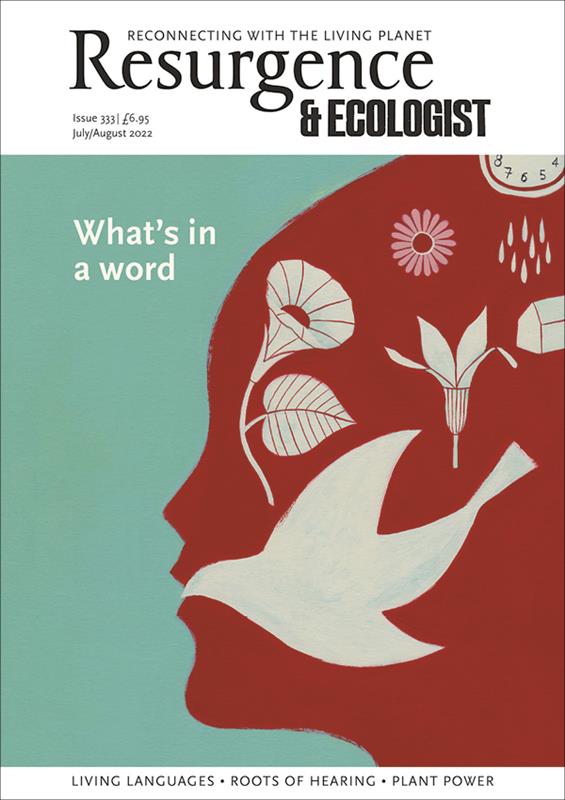
Just as humans are annihilating the diversity of life across the planet, languages are also being destroyed – every two weeks, the last fluent speaker of a language dies, according to the Living Tongues Institute for Endangered Languages.
As language communicates knowledge, this has implications for all life on Earth. Paula Zamorano Osorio writes: “Knowledge of the places where people live - forests, plains, savannahs, mountains, deserts, tundra - and what they can offer humanity - food, medicines, real solutions to curb climate change - is crucial to us all.”
Inter-reliance
To talk, we need to listen too. David George Haskell says: “Today all living voices, save for a few rock-eating bacteria, are animated by the sun. Human language and music are part of this flow. We are acoustic conduits for plant-snared light as it escapes to air.”
Our power to communicate complex thoughts through language – for good or ill – is immeasurable but does not necessarily define us.
In the conclusion to her talk, Boroditsky poses some questions. "Why do I think the way that I do? How could I think differently? What thoughts do I wish to create?”
In this way too, by understanding our inter-reliance with the rest of the living planet outside our own culture, we can begin to think differently.
This Author
Marianne Brown is the editor of Resurgence & Ecologist. This article first appeared in the latest issue, which has a focus on language. Find out more.



